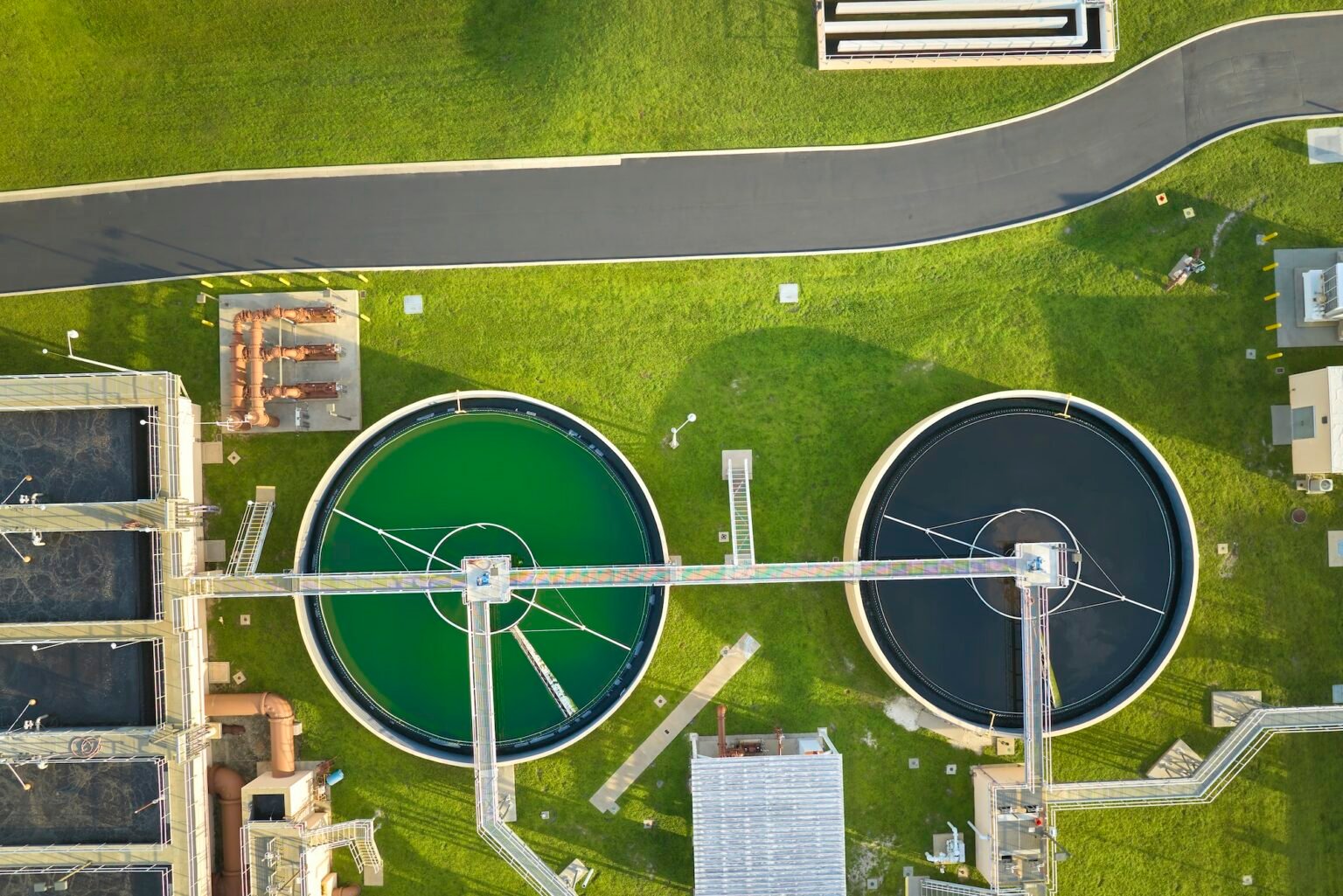Algae Biofuel: The Future of Green Energy?

Algae Biofuel: The Future of Green Energy?
Introduction
As the world grapples with the escalating threat of climate change and the urgent need to transition to sustainable energy sources, algae biofuel has emerged as a promising contender in the quest for green energy. Algae, simple photosynthetic organisms, have the potential to revolutionize the energy sector by providing a renewable, carbon-neutral alternative to fossil fuels. This article delves into the science behind algae biofuel, its benefits, challenges, and the prospects for its widespread adoption in the future.
What is Algae Biofuel?
Algae biofuel is a type of biofuel derived from algae, which are aquatic organisms capable of performing photosynthesis. These microscopic plants convert sunlight, carbon dioxide (CO₂), and water into biomass, which can be processed into various forms of fuel, including biodiesel, bioethanol, and biogas. Algae can be cultivated in diverse environments, ranging from open ponds to closed photobioreactors, making them highly versatile for large-scale production.
Types of Algae Biofuels
- 1.Biodiesel: Produced by extracting lipids (oils) from algae and converting them into fatty acid methyl esters (FAME) through a process called transesterification. Biodiesel can be used in diesel engines without major modifications.
- 2.Bioethanol: Derived from the fermentation of carbohydrates present in algae. Bioethanol can be blended with gasoline or used as a standalone fuel in specially designed engines.
- 3.Biogas: Generated through the anaerobic digestion of algal biomass, producing a mixture of methane and carbon dioxide. Biogas can be used for heating, electricity generation, or as a vehicle fuel after purification.
Advantages of Algae Biofuel
Renewable and Sustainable
Algae are fast-growing organisms that can double their biomass in a matter of hours under optimal conditions. This rapid growth rate allows for continuous production, ensuring a steady supply of biofuel without depleting natural resources.
Carbon-Neutral
Algae absorb CO₂ from the atmosphere during photosynthesis, effectively offsetting the carbon emissions released when the biofuel is combusted. This closed-loop carbon cycle makes algae biofuel a carbon-neutral energy source, contributing to the reduction of greenhouse gas emissions.
High Energy Density
Compared to other biofuels, such as corn ethanol or soybean biodiesel, algae biofuel has a higher energy density. This means that less volume of algae biofuel is required to produce the same amount of energy, making it a more efficient option.
Does Not Compete with Food Crops
Unlike first-generation biofuels derived from food crops like corn and sugarcane, algae can be grown on non-arable land, using brackish or wastewater. This eliminates the "food versus fuel" dilemma and preserves valuable agricultural land for food production.
Versatile Feedstock
Algae can thrive in a variety of environments, including freshwater, saltwater, and even wastewater. They can also utilize a wide range of nutrients, making them adaptable to different cultivation conditions and reducing competition for resources.
Challenges in Algae Biofuel Production
High Production Costs
The cost of producing algae biofuel remains significantly higher than that of conventional fossil fuels. Factors contributing to these high costs include the expense of building and maintaining large-scale cultivation systems, harvesting and dewatering the algae, and extracting and refining the lipids into usable fuel.
Scalability Issues
Scaling up algae cultivation from laboratory to industrial levels poses significant technical challenges. Ensuring consistent growth rates, maintaining optimal environmental conditions, and preventing contamination are ongoing hurdles that need to be overcome for large-scale production.
Energy Intensive Processes
The processes involved in converting algae biomass into biofuel, such as drying, extraction, and refining, require substantial amounts of energy. If this energy is sourced from fossil fuels, it can offset the carbon-neutral benefits of algae biofuel, reducing its overall sustainability.
Water Usage
Algae cultivation requires significant amounts of water, which can strain local water resources, especially in arid regions. Additionally, the discharge of nutrient-rich wastewater from algae farms can lead to eutrophication if not properly managed.
Land Use Considerations
While algae can be grown on non-arable land, the large land area required for commercial-scale production raises concerns about land use competition and potential impacts on ecosystems.
Recent Advances and Future Prospects
Despite these challenges, significant progress has been made in recent years to advance algae biofuel technology:
- Genetic Engineering: Scientists are developing genetically modified algae strains with enhanced lipid production, faster growth rates, and improved tolerance to environmental stressors.
- Advanced Cultivation Systems: Innovative cultivation methods, such as vertical photobioreactors and hybrid systems, are being explored to increase productivity and reduce land and water requirements.
- Integrated Biorefineries: The concept of integrating algae cultivation with wastewater treatment and other industrial processes is gaining traction, aiming to create more sustainable and cost-effective production models.
- Policy Support: Governments around the world are providing incentives and funding for research and development in algae biofuels, recognizing their potential as a key component of the future energy mix.
Looking ahead, continued advancements in technology, coupled with supportive policies and market incentives, could drive down production costs and make algae biofuel a viable alternative to fossil fuels on a larger scale.
Conclusion
Algae biofuel holds immense promise as a sustainable, renewable energy source with the potential to significantly reduce our reliance on fossil fuels and combat climate change. While there are still hurdles to overcome, ongoing research and development efforts are paving the way for a future where algae-based biofuels play a central role in our energy landscape. As we strive towards a greener, more sustainable future, algae biofuel stands out as a beacon of hope, offering a glimpse into a world powered by clean, renewable energy.


